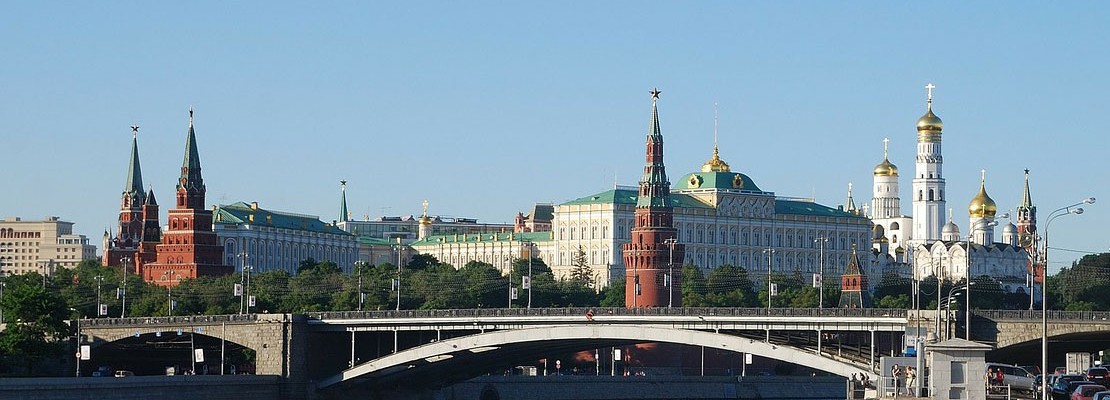
Bill allows for Ijara structure
Article Overview
The lower house of the Federal Assembly of Russia, the State Duma is reviewing a modification of existing laws on financial rent and leasing in order to remove obstacles to the commission of leasing transactions in accordance with Islamic finance.
Authored by Dmitry Savelyev, the Duma Committee Deputy Chairman on Financial Markets, the bill seeks to separate and recognise sale and lease arrangements. Current legislation whilst not prohibiting two agreements (lease and sale) does not recognize these transactions as a lease meaning “accelerated depreciation” (provided by the Tax Code) is not applicable to such products. As a result the existing tax structures do not provide tax neutrality and place Ijara structures at a tax disadvantage.
The need for Tax Neutrality
Tax neutrality between Islamic finance contract structures, such as those used in sukuk when compared with conventional bonds is a requirement as Sharia compliant instruments can face heavy taxation because they involve multiple transfers of the assets backing them. Such multiple transfers attract additional duties in most jurisdictions, making the transactions more costly than conventional structures.
Russia Favours non-Saudi path for Islamic Finance
Russia is wary of the links of Saudi Arabia to Islamic finance. In an article for the Russian International Affairs Council, Yuri Barmin Analyst on Russia and its Middle East policy stated “Russia has been trying to limit Saudi influence in the Muslim regions of the North Caucasus and the Volga Federal District since the early 2000s. Some Russian security officials have confirmed they believe the exposure of the Russian banking industry to Islamic finance would lead to an upsurge in covert Saudi influence in the country.” This fear is also underpinned by the role that the Jeddah-based Islamic Development Bank (IDB) plays in the expansion of this industry.
It is likely Russia whilst developing its Sharia compliant framework will seek closer cooperation within the Islamic financial market with Iran as it returns to the international capital markets, as well as Azerbaijan and other former Soviet republics.







